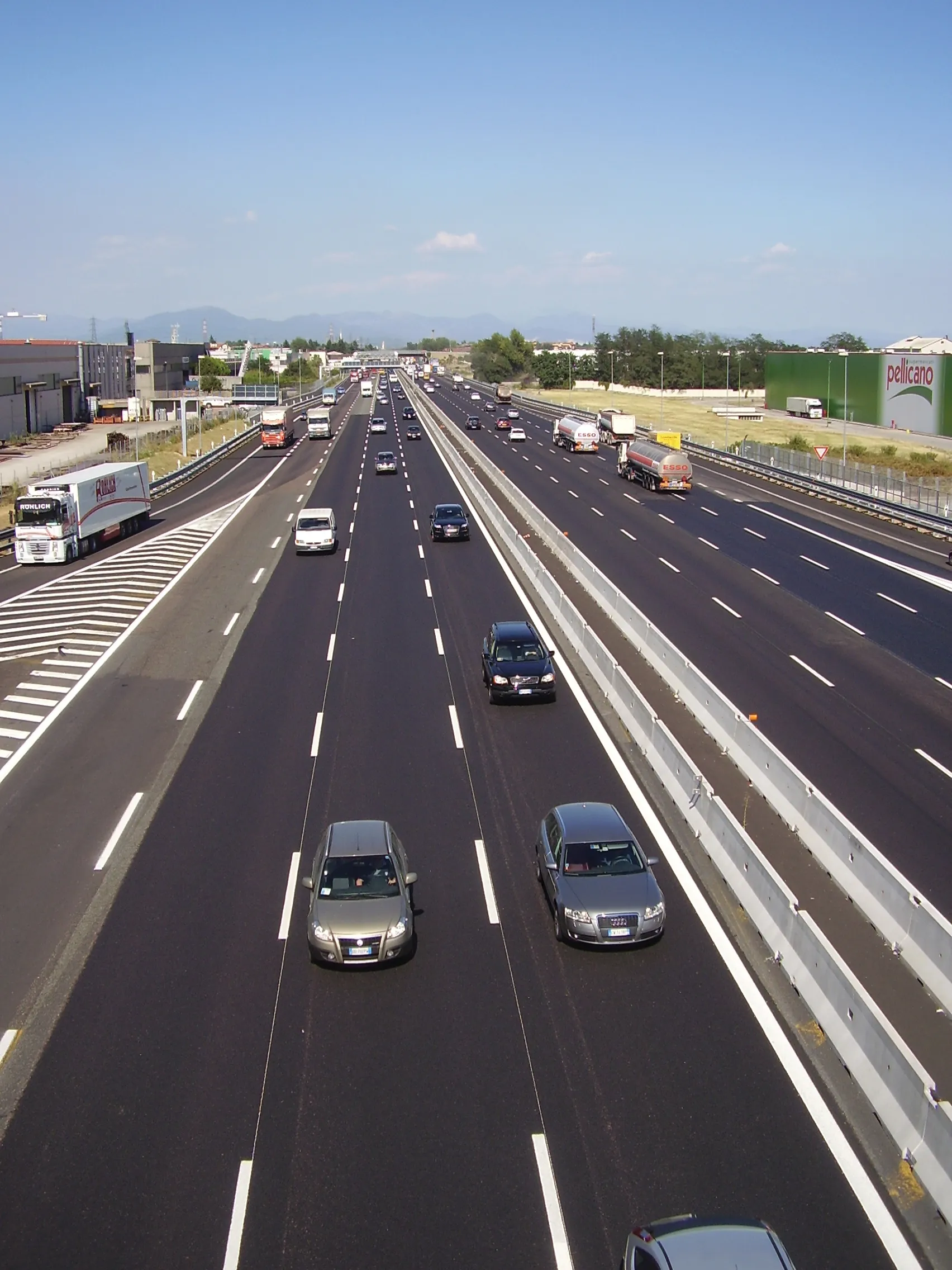UK motor insurance firm Aviva has called for tougher custodial sentences for fraudulent 'slam-ons' – road traffic accidents deliberately caused in order to claim for whiplash compensation – which increased by 51% in the UK during 2013, according to Aviva’s claims fraud data.
These induced accidents have a value of over €12.5 million (£10 million) and are at the highest levels ever detected by the insurer. In total, Aviva has over 6,000 motor injury claims linked to organised fraud activity and is calling f
June 18, 2014
Read time: 3 mins
UK motor insurance firm 4075 Aviva has called for tougher custodial sentences for fraudulent 'slam-ons' – road traffic accidents deliberately caused in order to claim for whiplash compensation – which increased by 51% in the UK during 2013, according to Aviva’s claims fraud data.
These induced accidents have a value of over €12.5 million (£10 million) and are at the highest levels ever detected by the insurer. In total, Aviva has over 6,000 motor injury claims linked to organised fraud activity and is calling for stronger deterrents whilst warning motorists to be vigilant behind the wheel.
Tom Gardiner, Head of Claims Fraud at Aviva, said, “The fast growth of induced accidents on our roads is cause for serious concern. Fraudsters are prepared to put the safety of innocent motorists' and their families and passengers at risk for their own personal gain. Fraudulent accidents also divert significant public resources such as police, ambulances, emergency services and court time away from real need.
“We believe that convictions for motor injury fraud resulting from induced accidents should result in more custodial sentences that recognise the unique physical harm that this form of insurance fraud poses to motorists, as well as the wider social costs. Stronger sentences will deter would-be fraudsters and help to keep roads safer and premiums lower for customers.”
Tragically, Aviva says at least one motorist has been killed as a result of being caught up in an accident deliberately caused by fraudsters, and this risk seems to be increasing. The insurer is telling motorists who are concerned about being caught up in crash for cash how to avoid an accident, and what to do if you are involved in a crash for cash accident.
Data from The Sentencing Council reveals that community orders were the most common sentence handed out for fraud offences since 2004. Aviva believes this does little to deter crash for cash fraudsters from committing – and re-committing – induced accidents.
Aviva welcomes recent measures from Justice Secretary Chris Grayling which will help to crack down on insurance fraudsters. One particular measure, requiring courts to strike out claims where the claimant has been fundamentally dishonest about their injury, is something Aviva has been calling for. Currently, even where a fraudster exaggerates his claim often by tens of thousands of pounds, he is still entitled to recover his original claim – and therefore there is little deterrent to discourage fraud.
There is strong support from the public for fraud convictions to attract stronger sentences. Of more than 2,000 UK motorists polled by Aviva, two out of three (66%) respondents supported stronger sentences for convictions of motor injury fraud, while almost 9 in 10 (87%) felt custodial sentences sent the strongest message.
Gardiner concluded, “The reach of crash for cash doesn't stop at the scene of the accident, but impacts a wider circle of victims. Stronger deterrents, such as those announced by the Ministry of Justice, as well as more proportionate sentencing that recognises the very real threat of physical harm to the victim, will serve to further deter fraudsters, protect the public and keep premiums low for customers.”
These induced accidents have a value of over €12.5 million (£10 million) and are at the highest levels ever detected by the insurer. In total, Aviva has over 6,000 motor injury claims linked to organised fraud activity and is calling for stronger deterrents whilst warning motorists to be vigilant behind the wheel.
Tom Gardiner, Head of Claims Fraud at Aviva, said, “The fast growth of induced accidents on our roads is cause for serious concern. Fraudsters are prepared to put the safety of innocent motorists' and their families and passengers at risk for their own personal gain. Fraudulent accidents also divert significant public resources such as police, ambulances, emergency services and court time away from real need.
“We believe that convictions for motor injury fraud resulting from induced accidents should result in more custodial sentences that recognise the unique physical harm that this form of insurance fraud poses to motorists, as well as the wider social costs. Stronger sentences will deter would-be fraudsters and help to keep roads safer and premiums lower for customers.”
Tragically, Aviva says at least one motorist has been killed as a result of being caught up in an accident deliberately caused by fraudsters, and this risk seems to be increasing. The insurer is telling motorists who are concerned about being caught up in crash for cash how to avoid an accident, and what to do if you are involved in a crash for cash accident.
Data from The Sentencing Council reveals that community orders were the most common sentence handed out for fraud offences since 2004. Aviva believes this does little to deter crash for cash fraudsters from committing – and re-committing – induced accidents.
Aviva welcomes recent measures from Justice Secretary Chris Grayling which will help to crack down on insurance fraudsters. One particular measure, requiring courts to strike out claims where the claimant has been fundamentally dishonest about their injury, is something Aviva has been calling for. Currently, even where a fraudster exaggerates his claim often by tens of thousands of pounds, he is still entitled to recover his original claim – and therefore there is little deterrent to discourage fraud.
There is strong support from the public for fraud convictions to attract stronger sentences. Of more than 2,000 UK motorists polled by Aviva, two out of three (66%) respondents supported stronger sentences for convictions of motor injury fraud, while almost 9 in 10 (87%) felt custodial sentences sent the strongest message.
Gardiner concluded, “The reach of crash for cash doesn't stop at the scene of the accident, but impacts a wider circle of victims. Stronger deterrents, such as those announced by the Ministry of Justice, as well as more proportionate sentencing that recognises the very real threat of physical harm to the victim, will serve to further deter fraudsters, protect the public and keep premiums low for customers.”







